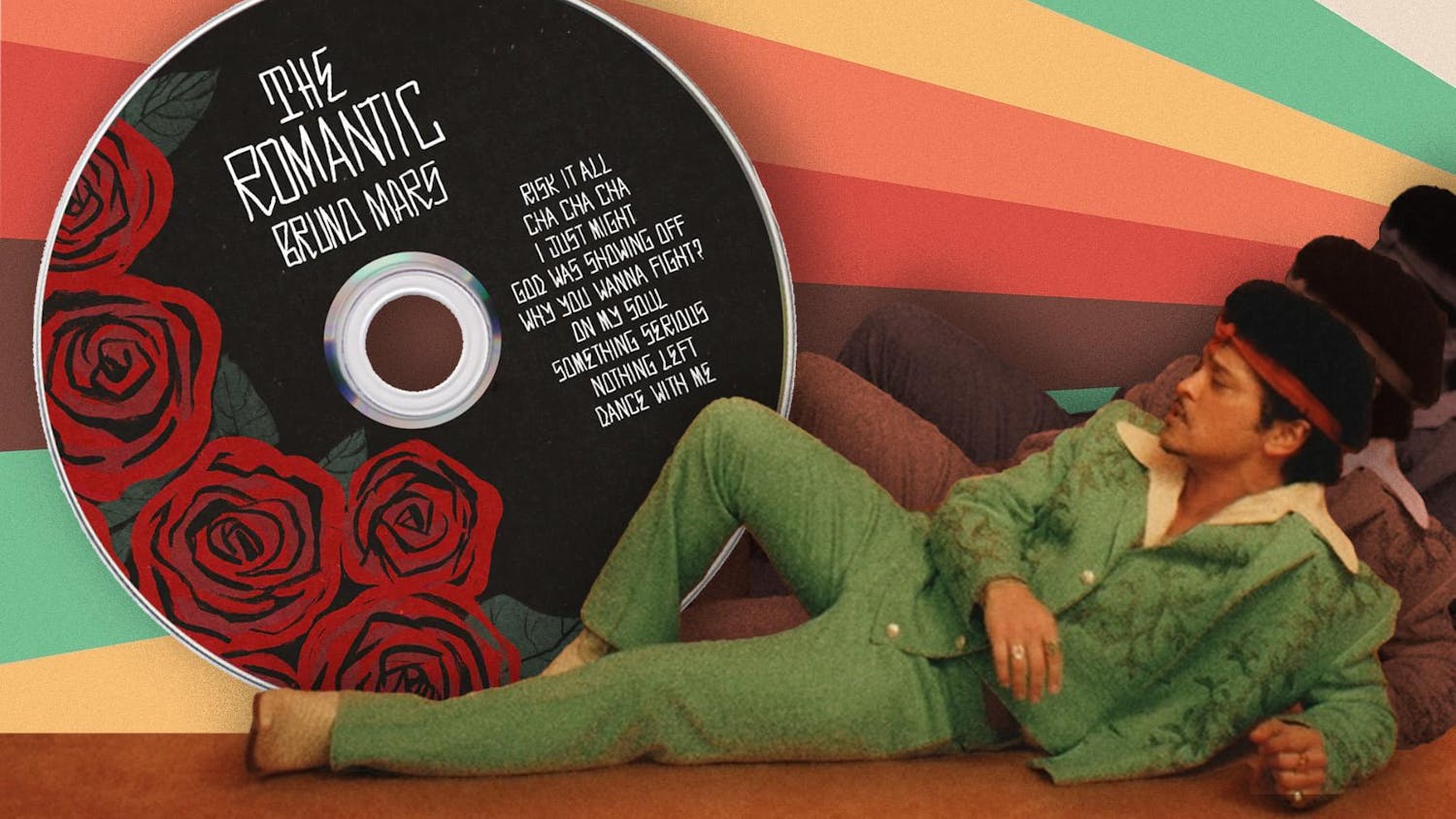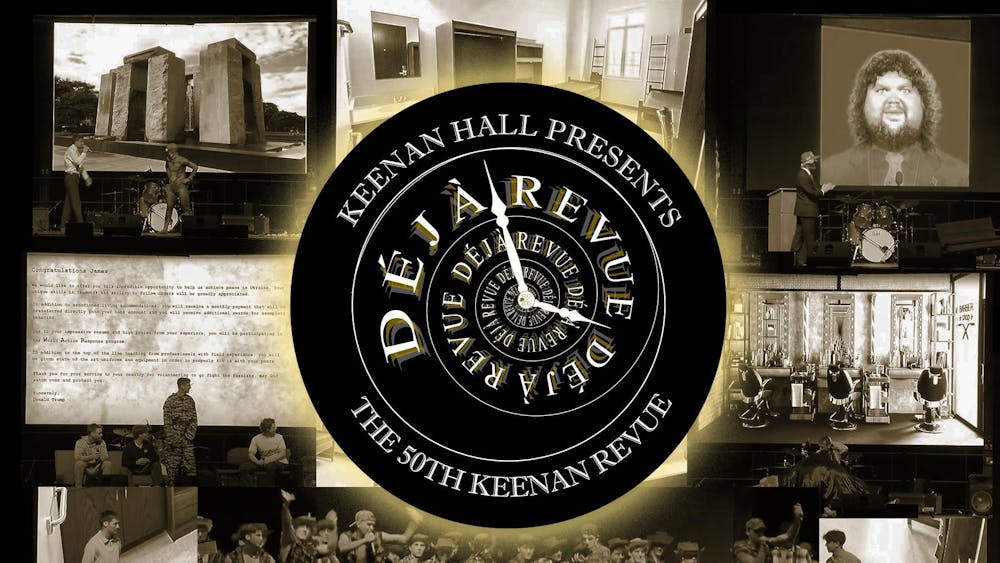
“Death is real
Someone’s there then they’re not
And it’s not for singing about
It’s not for making into art”
These words, the first on Phil Elverum’s (known for his work on Mount Eerie, The Microphones) recent LP “A Crow Looked at Me,” echo a troubling theory. Art tries to mimic reality — recreating the world through sounds, words, colors and rhythms — but it’s not a substitute. Consequently, when reality crashes down on us, art can’t cure the wounds.
Yet, as an artist, Elverum can’t help but wrestle with death. His lengthy discography repeatedly grapples with the topic on tracks from “The Glow, Part 2,” — “I’m not dead / There’s no end / My face is red / My blood flows harshly” — to “Grave Robbers” — “And our ghost stay forever confined / In where we haunt.” Pre-“Crow” Elverum conveys an obsession with death-related erudition.
Tragedy, however, reshaped Elverum’s conception of art and death. “I’ve accumulated all these books over the course of my life,” he told Pitchfork in an interview. “But as soon as [my wife] Genevieve got sick and we entered into that world together, it was like a switch was flipped.” Elverum replaced his morbid musings with hospital bills, terminal deadlines, and the needs of his infant child. “Conceptual emptiness was cool to talk about / Before I knew these hospitals,” Elvirum reflects on “Emptiness, Pt 2.”
Genevieve died in 2016, and Elverum never returned to his imaginative explorations. He’d search for inspiration in the mundane — “When I take out the garbage at night / I’m not with you exactly / I’m with the universe” — but he’d inevitably concede hegemony to reality’s merciless progress — “And then I have to go back in and live on.”
Elverum’s commentary elicits conflict within the listener. How are we to interpret his insights if art is impotent? Should we disregard it? Should we dismiss it as futile ramblings?
Elverum’s work is a plea to reconsider the purpose of art — reframe it as a map instead of a mirror.
Elverum gives us concrete landmarks that led him through grief. “I realize that these photographs we have of you / Are slowly replacing the subtle / familiar memory,” he notes on the bluntly titled “Toothbrush / Trash.” when a material body wastes away, certain imperishable objects — toothbrushes, trashcans, and photographs — can assume that person’s identity. Eventually, the intangible nuances of interaction fade from the memory banks, but the physical representations of those memories remain.
Death, it seems, is a progression. It starts in the material world with a person’s physical demise. Then, it enters the inner life as the deceased identity establishes residence in the minds of survivors. Finally, it returns to the physical as the memories recede into the banal items that have come to represent them.
Elverum’s art is also preparation. Those who’ve experienced loss have an innate understanding of the incalculable pain to which Elverum alludes, but not everyone has experienced intimate loss. That said, we’re mortal humans who attach ourselves to other mortal humans. We’ll find ourselves in death’s shadow at some point in our lives. We’ll feel the pain that Elverum feels and ask the questions that he asks. When this happens, we can reflect on Elverum’s music for guidance. A friend of mine (who knew some things about death) once told me, “Pain shared with a companion is half the pain.” Art, while it fails as a mirror, excels as a companion.
Artist: Mount Eerie
Album: A Crow Looked at Me
Label: P.W. Elverum and Sun
Favorite Tracks: All
If You Like: The Microphones, Neutral Milk Hotel, Elliot Smith
5/5 Shamrocks
Death speaks, but not to the mirror: On Mount Eerie, art and mortality
Joseph Han









